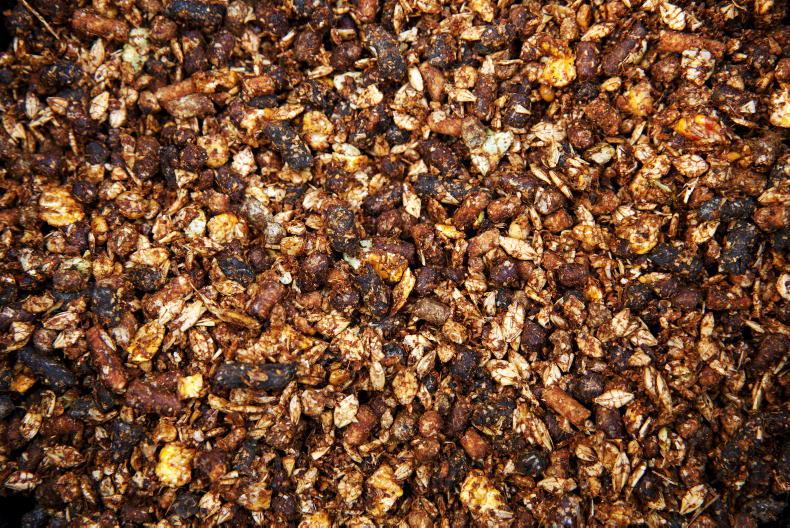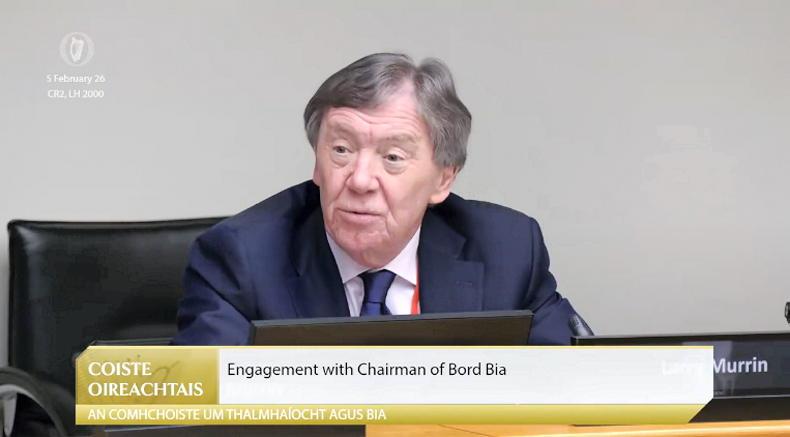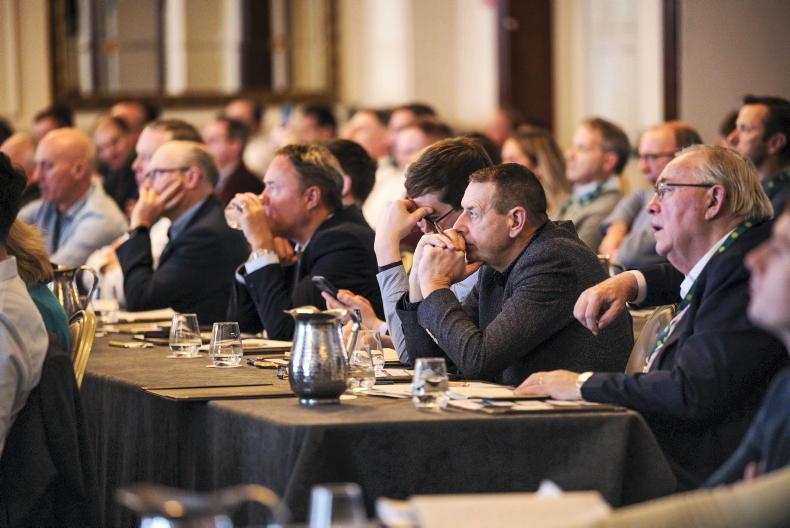DEAR SIR: Suckler farming is environmentally sustainable. In 2011, there were over 1m suckler births in Ireland and our emissions from agriculture were well below our 2030 target. Now there are fewer than 880,000 births. Don’t blame the suckler herd for our emission woes. In fact, the transition away from suckler farming has had a negative environmental outcome.
Between 2011 and 2018, an 11% increase in the national herd resulted in a 14.7% increase in emissions. As well as the environmental consequences, the herd increase has also contributed to the collapse in the Irish beef price. What the sector needs to focus on is the carbon footprint per kg of carcase.
From the performance trials in Tully, there is a clear link between carcase grade and carbon footprint
This will be improved by maximising the amount of carcase weight, at the youngest age, with the lowest inputs. This model has been successful for the pig and poultry sectors. However, in the beef sector, one of the largest obstacles we face is the carcase weight limits applied by factories.
From the performance trials in Tully, there is a clear link between carcase grade and carbon footprint, but higher grading animals also tend to have larger carcases. On these trials, young continental bulls have had 400kg carcases at 13 months. If they were allowed to grow on to 16 months they could have added another 100kg of very efficient beef but would have been heavily penalised for doing so.
The best way to support the suckler sector is to market and protect its produce, by getting PGI status for Irish suckled beef
If we really care about the planet, we will support agriculture that is natural and sustainable, but also productive. The planet has a growing population to feed and due to its nutrient density, meat based diets have a lower carbon footprint. A lot of the land used by the suckler herd is not suitable for other food production and to simply plant this land to offset the emissions of other sectors is not acceptable. Irish suckled beef is a premium product sold as a common commodity. On the continent, naturally reared beef is not widely available and post-Brexit, this is the market that we will be selling into. The best way to support the suckler sector is to market and protect its produce, by getting PGI status for Irish suckled beef. Bord Bia has acknowledged the suckler sector is one of the unique selling points for Irish beef and its image is widely used when selling our beef.
Environmental decisions must be taken on environmental grounds
I cannot understand why they are looking for PGI status for grass-fed beef simply because it gives the impression of being natural; it would be better to protect Irish suckled beef because it is natural. Ironically, to meet the grass-fed spec, animals will have a higher carbon cost due to the increased age required to finish off grass. Environmental decisions must be taken on environmental grounds. We cannot sacrifice a sector that is sustainable because there is more money in less sustainable sectors. Our decisions need to be based on robust scientific facts. Too much of the science previously used to estimate agricultural emissions has not stood up to scrutiny.









SHARING OPTIONS